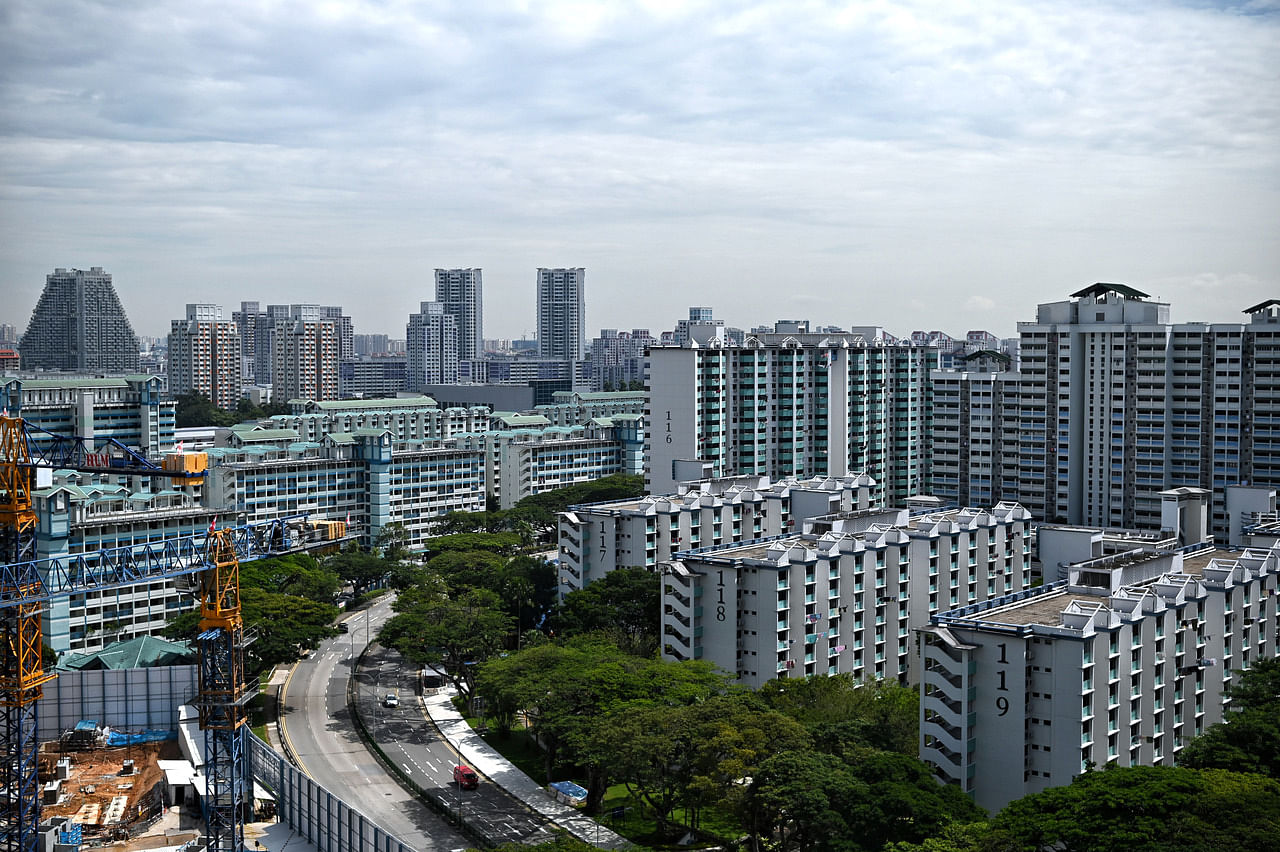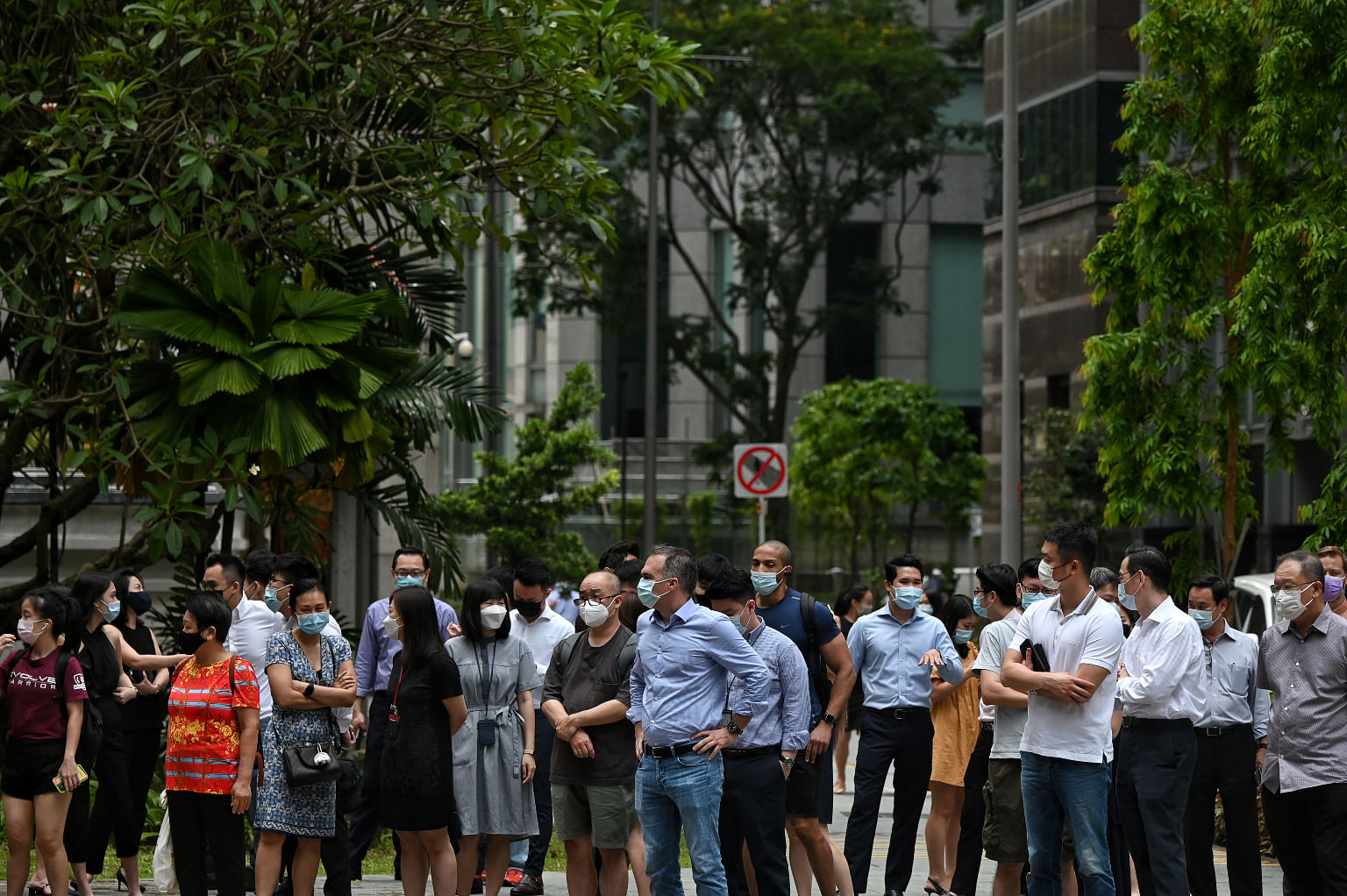Turbulence and downside risks, but global recession might be avoided

There is little doubt that equities are in the worst bear market in recent memory.
Wall Street's S&P 500, regarded as the bellwether for global equities, has fallen by over 20 per cent this year.
Meanwhile, the tech-heavy Nasdaq has had an even more bruising journey, tumbling a massive 30 per cent to date amid concerns that higher interest rates will eat deeply into these highly leveraged growth companies.
Banking, property among S'pore stocks to watch

While global indexes have fallen by double-digit percentages since the beginning of this year, Singapore's Straits Times Index (STI) is still up 1.5 per cent in terms of total returns.
Analysts note that some industries such as energy, real estate, finance and technology could benefit from the current inflationary environment and increasing consumption for their goods and services.
As DBS chief investment officer (CIO) Hou Wey Fook says in his latest CIO Report, inflation has historically been a doubled-edged sword for company earnings and equity markets: "On one hand, rising inflation can translate to higher average selling prices for companies and lend a boost to nominal top-line revenue.
"On the other hand, the boost to nominal revenue could also be offset by proportionately higher input costs (and lead to profit margin contraction) should companies be unable to pass them on to end-consumers."
Rising rates hit prices worldwide but S'pore property market expected to be resilient

Moves by central banks around the world to raise interest rates to tame inflation are already fuelling sharp downturns in housing markets as buyers turn cautious in the wake of costlier mortgages.
Research consultancy Capital Economics said house prices will fall by 20 per cent in Canada and New Zealand, by 15 per cent in Australia and by 10 to 15 per cent in Sweden - all nations that have experienced interest rate rises of late.
It expects price falls will be more moderate elsewhere - at between 5 and 10 per cent in Britain and 5 per cent in the United States.
A similar story is playing out in Singapore, where two-year, fixed-rate mortgages have gone up as much as 0.73 percentage point to 2.98 per cent within two months.
The Singapore property market has been resilient so far, with prices for private homes and Housing Board resale flats growing at a faster pace in the second quarter than in the first.
Workers with technology expertise, transferable skills in demand amid talent war

Job seekers have not had it this good for more than 20 years thanks to an employment market with far more positions than available bodies to fill them.
Vacancies have been on the rise since last year, noted the Ministry of Manpower, with the ratio of jobs to unemployed persons rising to 2.42 in March – the highest since 1998.
Headhunters said it is still pretty much an employee market.
